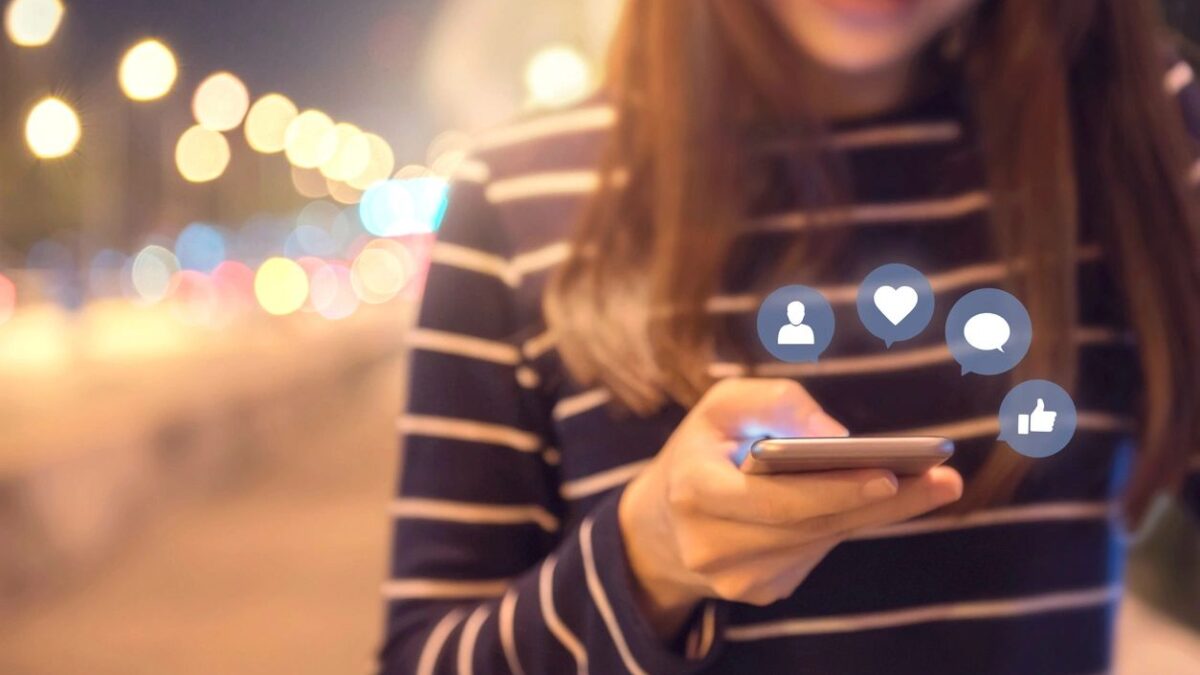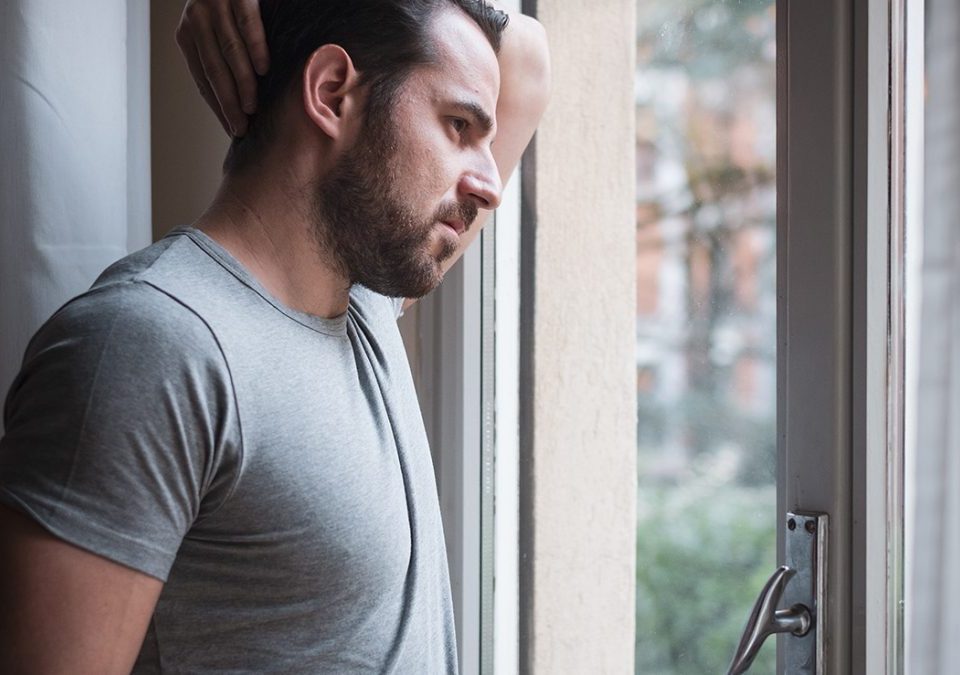From Likes to Pills: The Disturbing Connection between Social Media and Drug Dependency

Welcome to a world where scrolling through endless feeds and double-tapping on picture-perfect lives has become the norm. Social media has transformed the way we connect, share, and perceive ourselves. But behind those addictive likes lies an unsettling truth that often goes unnoticed – the eerie connection between social media and drug dependency. In this thought-provoking blog post, we delve into the dark side of our digital addiction, unmasking how it can lead us down a treacherous path from virtual validation to real-world pill popping. Brace yourself for eye-opening revelations as we uncover the disturbing relationship between social media and drug dependency – a wake-up call you won't be able to ignore.
The Growing Problem of Social Media & Drugs
The internet and social media have become a staple in the majority of American households. According to a study done by the Pew Research Center, “as of January 2014, 86% of American adults were internet users, and 74% of them used at least one social networking site.” The growth of social media has been accompanied by the growth of drug dependency in America.
A published study has found that people who use social media are more likely to develop an addiction to drugs or alcohol. The study’s authors say that there are several reasons for this connection. First, social media can be used as a way to cope with negative emotions. Second, people who use social media are more likely to compare themselves to others, which can lead to feelings of inadequacy and low self-esteem. Third, social media can be a trigger for people who are already struggling with addiction.
The bottom line is that social media is becoming increasingly problematic for those who are struggling with addiction. If you or someone you know is struggling with addiction, it’s important to get help as soon as possible. Call Redemption Addiction Treatment Centers today at (855) 712-9679.
How Social Media May be Contributing to the Problem
In recent years, social media has been increasingly linked to a range of mental health issues, including anxiety, depression, and addiction. While the exact relationship between social media and mental health is still being studied, there is evidence that suggests social media may be contributing to the problem of drug dependency.
For example, research has shown that people who spend more time on social media are more likely to compare themselves to others and feel envy. This can lead to feelings of inadequacy and low self-esteem, which are risk factors for developing an addiction. Social media can also create a sense of FOMO (fear of missing out), which can trigger addictive behaviors.
In addition, social media platforms like Facebook and Instagram are often filled with images and videos of people using drugs or alcohol. This normalizes substance use and can make it seem like everyone is doing it, which can pressure people into trying drugs or alcohol themselves.
If you or someone you know is struggling with drug addiction, it’s important to seek help from a professional treatment program. With the right support, recovery is possible.
The Link Between Likes and Pills
It's no secret that social media can be addictive. We've all been there, mindlessly scrolling through our feeds while wasting hours of our day. But what you may not realize is that this addiction can have serious consequences.
Recent studies have shown that there is a strong link between social media use and drug dependency. In fact, those who use social media more than three hours a day are twice as likely to develop an addiction to prescription drugs. And it's not just teens and young adults who are at risk – even middle-aged adults are susceptible to this problem.
So why is there such a strong connection between social media and drug dependency? Well, it all comes down to the way our brains react to likes, comments, and other forms of social interaction on these platforms. When we get a like or comment on our posts, our brains release a small amount of dopamine, which is the same chemical that's released when we take drugs. This gives us a sense of pleasure and satisfaction, which then encourages us to keep using social media in order to get more of that dopamine hit.
Over time, this can lead to an addiction – both to the dopamine hit itself and to the attention and validation that we get from others on social media. If you find yourself spending more and more time on these platforms, or if you're starting to feel like you can't live without them, it's important to seek help before things spiral out of control.
What Are the Consequences of This Connection?
One of the most obvious consequences of social media addiction is isolation. When you're constantly plugged into your phone or computer, you're not really interacting with the people around you. This can lead to feelings of loneliness and depression.
Another consequence is poor sleep habits. If you're up late at night scrolling through your feed, you're not going to be well-rested in the morning. This can impact your work performance, as well as your mood and overall health.
There's also the risk of developing an unhealthy body image. With all the perfect lives being portrayed on social media, it's easy to start comparing yourself to others and feeling like you don't measure up. This can lead to eating disorders, body dysmorphia, and a whole host of other mental health problems.
And then there are the more concrete consequences, like losing your job or getting into legal trouble. If you're spending all day on social media instead of working, you're not going to keep your job for long. And if you're using social media to cyberbully someone or engage in illegal activity, you could end up in some serious hot water.
So while social media can be fun and entertaining, it's important to remember that it comes with real risks and consequences. If you find yourself addicted to social
Working Together To Solve The Problem
There are a number of things that can be done to address the problem of social media and drug dependency. First, it is important to raise awareness of the issue. This can be done through education and public campaigns. It is also important to provide support for those who are struggling with drug dependency. This can include treatment programs, hotlines, and other resources. It is important to monitor social media platforms for signs of drug use and provide intervention when necessary.
Now that we have explored the disturbing connection between social media and drug dependency, and how this phenomenon is becoming an increasingly worrying trend, we need to be aware of this link and take concrete steps to address it in order to safeguard our society from the potentially devastating effects of drug abuse. From providing education on the dangers of prescription drugs, to offering support for those already battling addiction, it is clear that we must all work together towards a healthier future if we are going to successfully prevent social media-induced addictions from taking hold. Please call (855) 712-9679, to speak with a member of our knowledgeable staff at Redemption Addiction Treatment Center, and get help with addiction before it is too late




